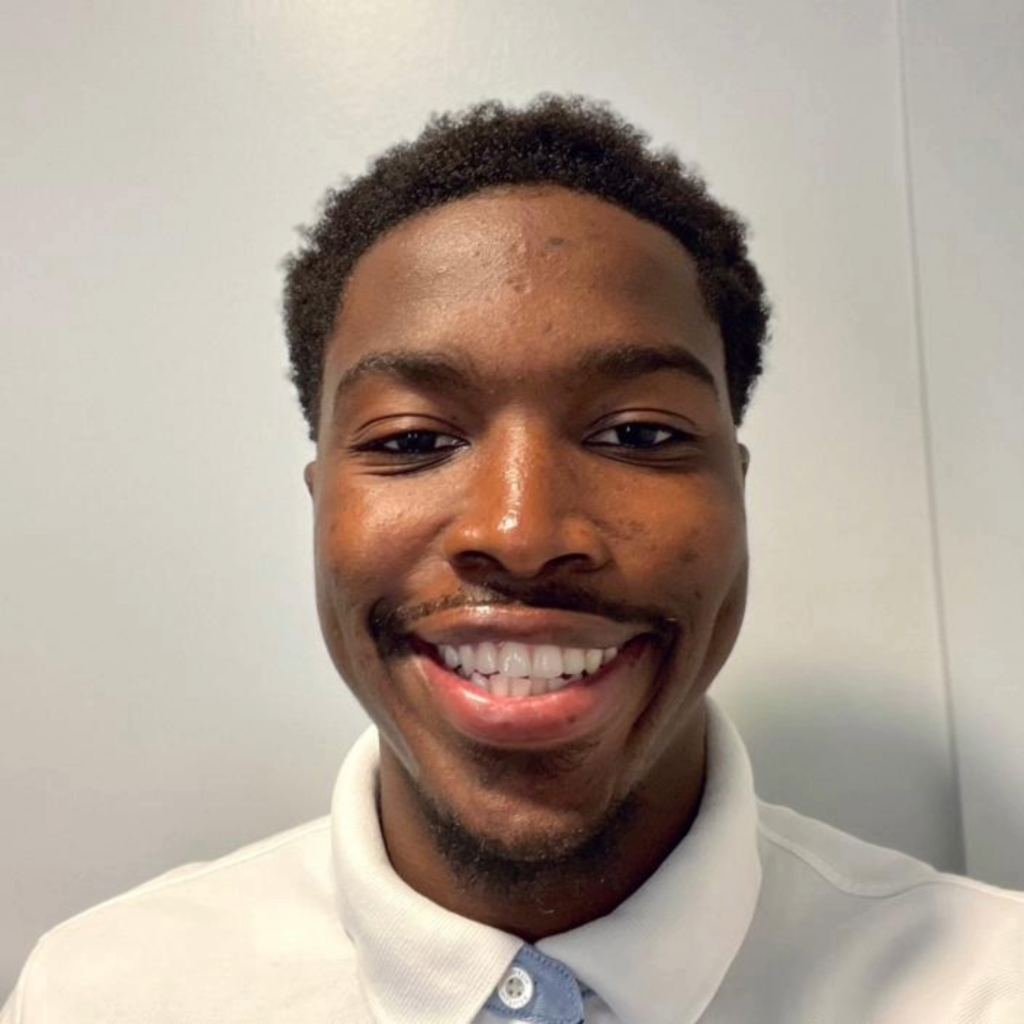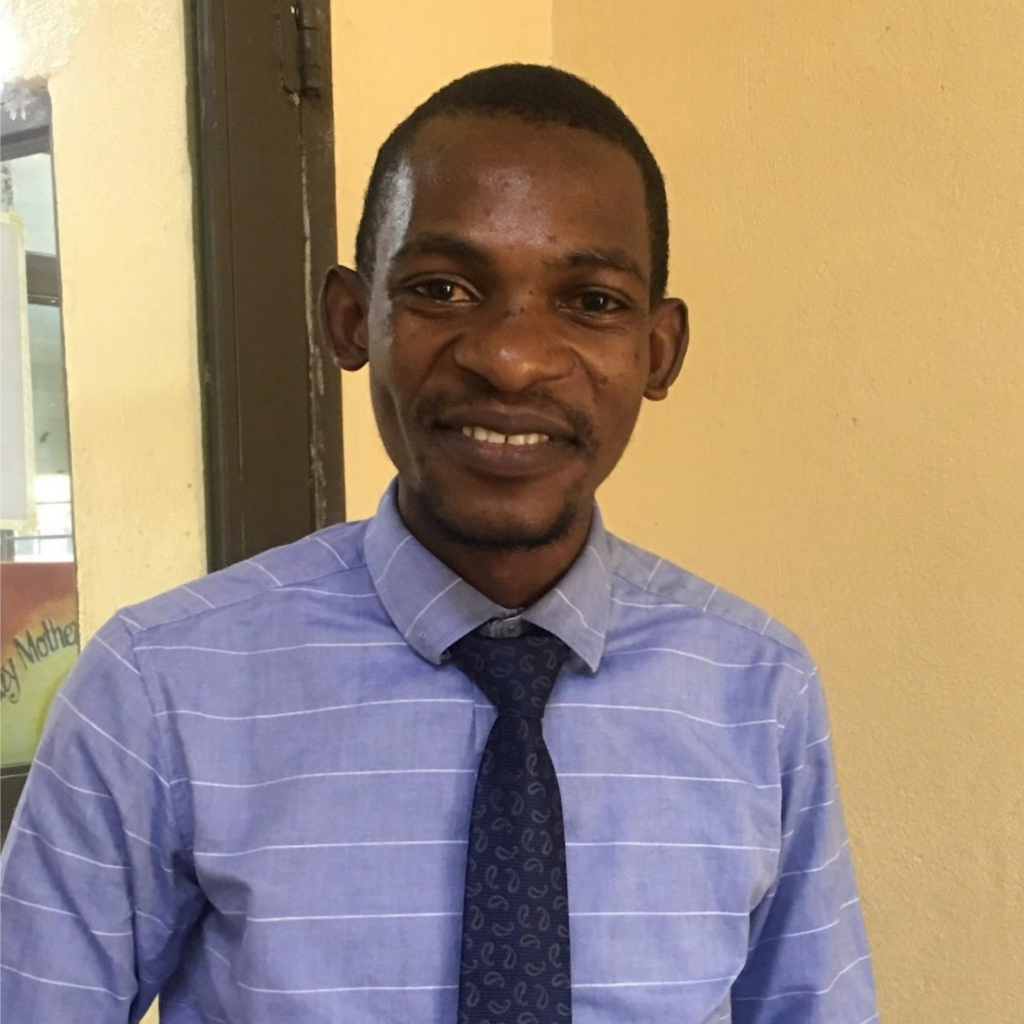Oral and Systemic Health RBH Scholar Profiles
Meet the Oral Health and Systemic Health RBH Scholars, Chris Leby, Newton Nyirenda, Mrudula Sathish, and Naaria Williams.
Chris Leby
Chris Leby holds a Bachelor of Science degree with a major in biological science and a minor in chemistry from Salisbury University. Following graduation, Chris dedicated his efforts to colon cancer research while working at a gastroenterology clinic. Currently, Chris is on the path to pursuing a Master’s in Epidemiology with a specialized focus on infectious diseases. Upon the completion of his master’s program, his aspirations may lead him to consider medical school or enrollment in a Ph.D. program. Chris’s ultimate goal is to empower individuals with a deeper understanding of their oral health and to guide them in their journey toward improving and maintaining it.

Newton Nyirenda
Newton Nyirenda is a Medical Doctor. He did his undergraduate training at the University of Zambia and practiced in the public health sector for 3 years before commencing his master’s program in Epidemiology at Georgetown University. He holds two undergraduate degrees, a Bachelor of Science in Human Biology, and a Bachelor of Medicine and Bachelor of Surgery. Newton has a keen interest in designing initiatives to improve health outcomes in oral and systemic health disparities.

Mrudula Sathish
Mrudula Sathish is currently pursuing a Master’s of Science in Tumor Biology at Georgetown University. She completed her Bachelors of Technology in Biotechnology with a specialization in Genetic Engineering and a Minor in Cancer Genetics from SRM University, India. She has worked on projects on drug delivery with Colon Cancer, and she is currently pursuing research with Dr. Ayesha Shahjan-Haq at the Lombardi Cancer Center in Breast Cancer. Mrudula believes that exploring the relationship between oral health and cancer can provide valuable insights, open up new research avenues, and potentially lead to strategies for early detection, prevention, and better patient care, which is ultimately her goal as a Cancer Biologist.

Naaria Williams
Naaria Williams is a second-year student at Georgetown University, pursuing a Master of Science degree in Epidemiology as an RBH Oral Health Scholar. She originally comes from Atlanta, Georgia, and in the year 2020, she earned her Bachelor’s degree in Psychology from Hampton University. Naaria has gained valuable experience in the healthcare sector by working as a medical scribe in pediatric and orthopedic clinics. She also worked as a treatment coordinator in a dental office. These positions have given her a comprehensive understanding of systemic oral health, a field in which she is passionate about and is committed to advancing through her academic and professional pursuits.

